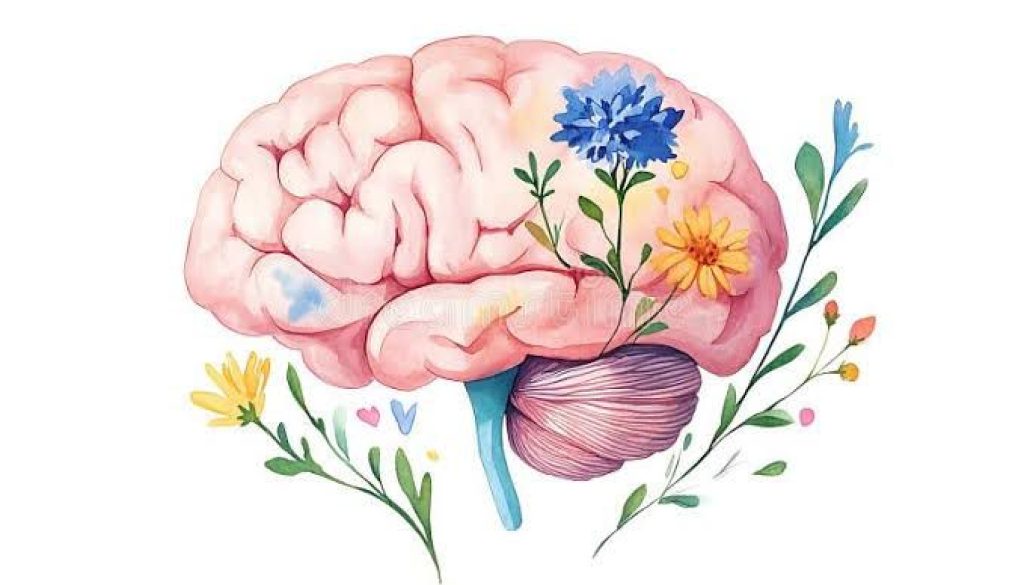The Relationship Between Neurotransmitters and Mental Disorders
Neurotransmitters are chemical messengers that transmit signals between neurons in the brain and throughout the nervous system. They play a crucial role in regulating various physiological and psychological processes, including mood, emotion, cognition, and behavior. An imbalance or dysfunction in neurotransmitter systems can contribute to the development of mental disorders. Understanding the relationship between neurotransmitters and mental health conditions can provide insights into their underlying mechanisms and inform treatment strategies.
Understanding Neurotransmitters
Several key neurotransmitters are particularly significant in the context of mental health:
1. Serotonin: Often referred to as the “feel-good” neurotransmitter, serotonin is involved in regulating mood, anxiety, and overall emotional well-being. Low levels of serotonin are commonly associated with depression, anxiety disorders, and obsessive-compulsive disorder (OCD). Many antidepressant medications, such as selective serotonin reuptake inhibitors (SSRIs), work by increasing the availability of serotonin in the brain.
2. Dopamine: Dopamine is critical for the brain’s reward system and plays a key role in motivation, pleasure, and reward-seeking behavior. Abnormal dopamine levels are linked to various mental health conditions. For example, schizophrenia is associated with hyperactivity of dopamine pathways, while Parkinson’s disease, characterized by a loss of dopamine-producing neurons, can lead to symptoms of depression and anxiety.
3. Norepinephrine: This neurotransmitter is involved in the body’s stress response and is essential for regulating alertness and arousal. Norepinephrine dysregulation is implicated in mood disorders such as depression and bipolar disorder. Medications that target norepinephrine, such as certain antidepressants, can help stabilize mood and alleviate symptoms.
4. Gamma-Aminobutyric Acid (GABA): GABA is the primary inhibitory neurotransmitter in the brain, playing a key role in reducing neuronal excitability. Low levels of GABA are associated with anxiety disorders, panic attacks, and epilepsy. Many anti-anxiety medications, such as benzodiazepines, enhance the effects of GABA to promote relaxation and reduce anxiety.
5. Glutamate: As the main excitatory neurotransmitter, glutamate is crucial for cognitive functions such as learning and memory. Dysregulation of glutamate signaling has been linked to several mental health disorders, including schizophrenia, depression, and anxiety. Treatments that modulate glutamate levels, such as ketamine, have shown promise in rapidly alleviating symptoms of depression.
The Interplay Between Neurotransmitters and Mental Disorders
The relationship between neurotransmitters and mental disorders is complex and multifaceted. Imbalances in one or more neurotransmitter systems can contribute to the onset and progression of mental health conditions. However, it is essential to recognize that neurotransmitter dysregulation is only one aspect of a broader picture.
1. Genetic Factors: Genetics play a significant role in determining an individual’s neurotransmitter levels and receptor sensitivity. Certain genetic variations can affect how neurotransmitters are produced, released, and received by neurons, influencing an individual’s vulnerability to mental disorders.
2. Environmental Influences: Environmental factors, such as stress, trauma, and lifestyle choices, can also impact neurotransmitter systems. Chronic stress, for example, can lead to alterations in neurotransmitter levels, particularly serotonin and norepinephrine, contributing to the development of anxiety and depression.
3. Neuroplasticity: The brain’s ability to adapt and reorganize itself, known as neuroplasticity, is influenced by neurotransmitter activity. Neurotransmitters can promote the growth of new neural connections, which is crucial for recovery from mental health disorders. Effective treatments often aim to enhance neuroplasticity to support recovery.
4. Co-Morbidity: Mental health disorders often co-occur, and imbalances in neurotransmitter systems may contribute to this phenomenon. For example, individuals with anxiety disorders may also experience depression, indicating overlapping neurotransmitter dysregulation. Addressing one disorder may help alleviate symptoms of another.
Implications for Treatment
Understanding the relationship between neurotransmitters and mental disorders has significant implications for treatment. Many psychiatric medications target specific neurotransmitter systems to alleviate symptoms and restore balance. For example:
– Antidepressants: SSRIs, SNRIs (serotonin-norepinephrine reuptake inhibitors), and atypical antidepressants aim to increase levels of serotonin and norepinephrine in the brain, helping to improve mood and reduce anxiety.
– Antipsychotics: Medications used to treat schizophrenia and bipolar disorder often target dopamine receptors, helping to reduce psychotic symptoms and stabilize mood.
– Anxiolytics: Benzodiazepines and other anti-anxiety medications enhance GABA activity to promote relaxation and reduce anxiety symptoms.
Additionally, emerging treatments, such as ketamine and psychedelics, are being investigated for their effects on neurotransmitter systems and potential to induce rapid relief from depression and anxiety.
In conclusion
The relationship between neurotransmitters and mental disorders is a vital area of research in psychology and psychiatry. Understanding how neurotransmitter imbalances contribute to mental health conditions can inform effective treatment strategies and improve outcomes for individuals affected by these disorders. As research continues to uncover the complexities of neurotransmitter systems and their role in mental health, it is essential to adopt a holistic approach that considers genetic, environmental, and psychological factors in addressing mental health challenges. Through a comprehensive understanding of neurotransmitters, we can move toward more effective interventions and support for individuals struggling with mental health issues.



